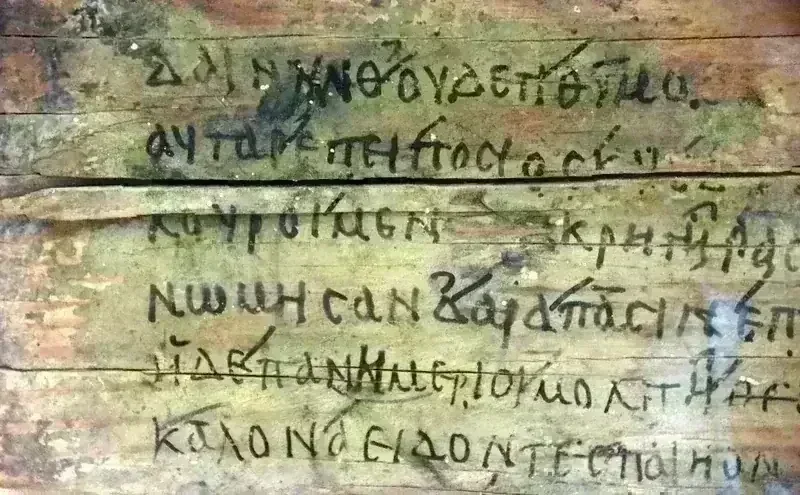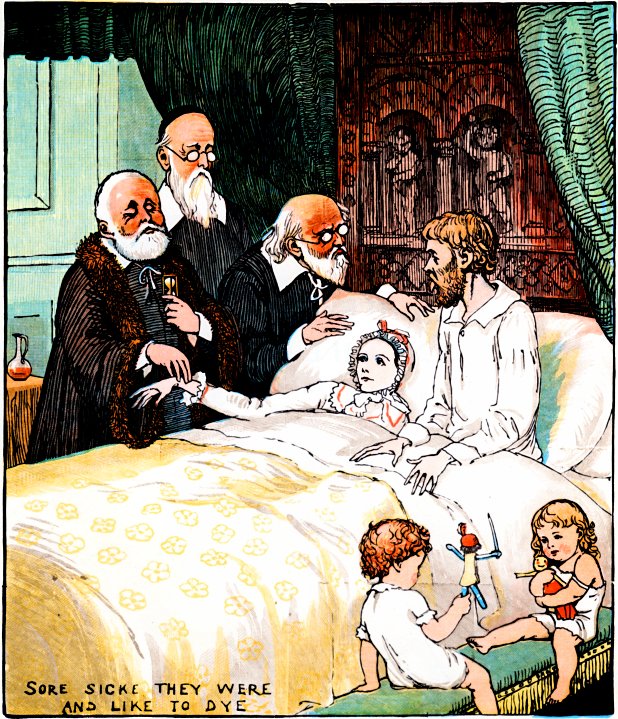Iliad

The Iliad is one of two major ancient Greek epic poems attributed to Homer. As one of the oldest surviving works of literature still widely read today, it stands as the first substantial piece of European literature and a central part of the Epic Cycle. Set during the final weeks of the Trojan War—a decade-long siege of Troy by Greek states—the poem focuses on the wrath of the warrior Achilles following his quarrel with King Agamemnon, and continues through to the death of the Trojan prince Hector.
The narrative alternates between expansive battle scenes and intimate personal interactions. Composed in Homeric Greek around the late 8th or early 7th century BCE, the poem consists of 24 books written in dactylic hexameter, totaling 15,693 lines. While Homer's authorship was rarely questioned in ancient times, contemporary scholarship debates aspects of its composition and transmission.
The poem explores themes of glory (kleos), pride, fate, and wrath, balancing its predominantly tragic tone with occasional moments of comedy. As a heroic epic, it details ancient warfare tactics and equipment while also depicting the social and domestic aspects of the culture. The Olympian gods play significant roles throughout, aiding favored warriors and intervening in disputes, their anthropomorphic portrayal helping to humanize them for ancient Greek audiences.
Professional reciters called rhapsodes performed the poem at Greek festivals such as the Panathenaia. Scholars continue to study its formulaic style, similes, and use of epithets, cementing the Iliad's enduring importance in literary history.


